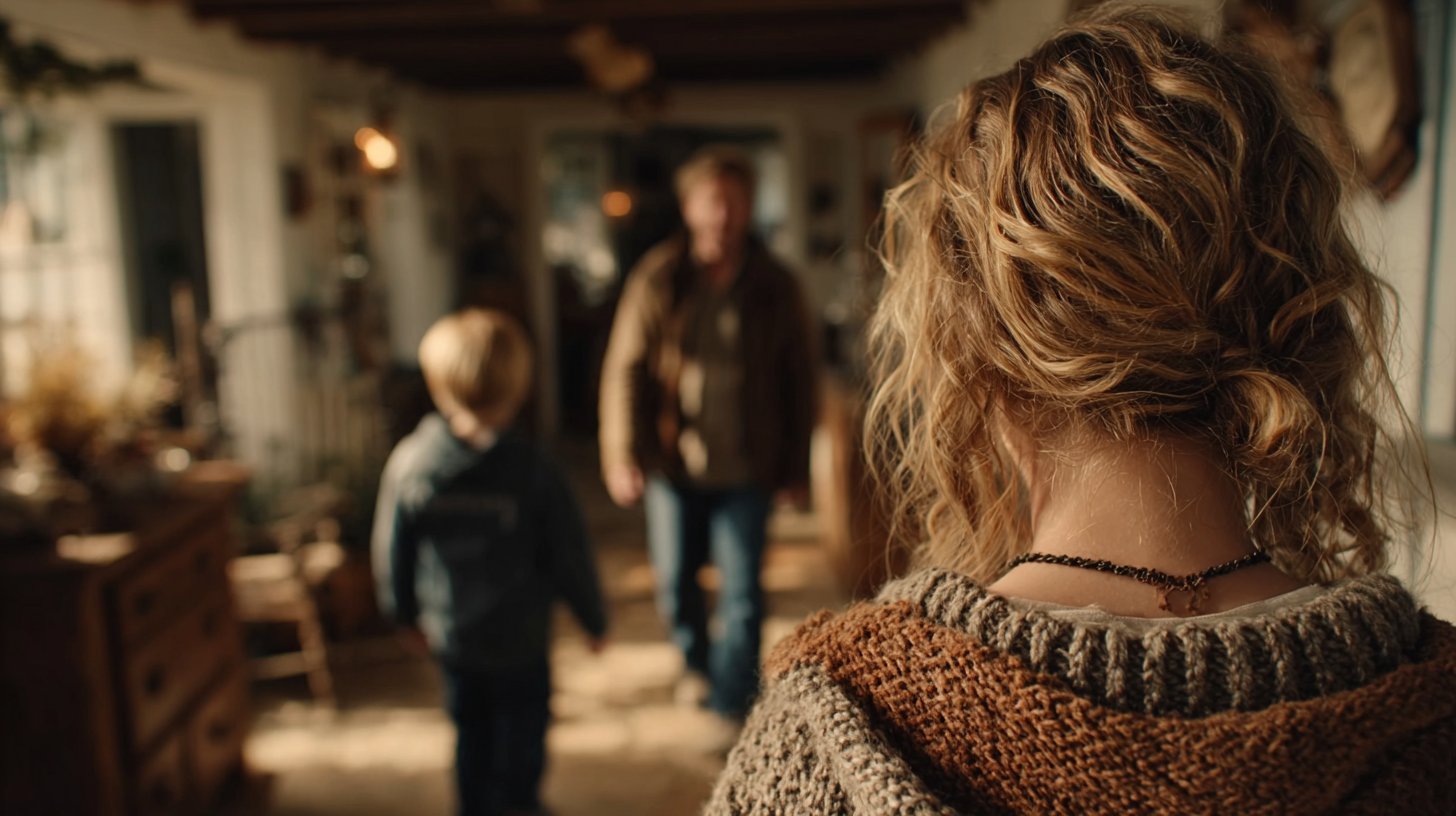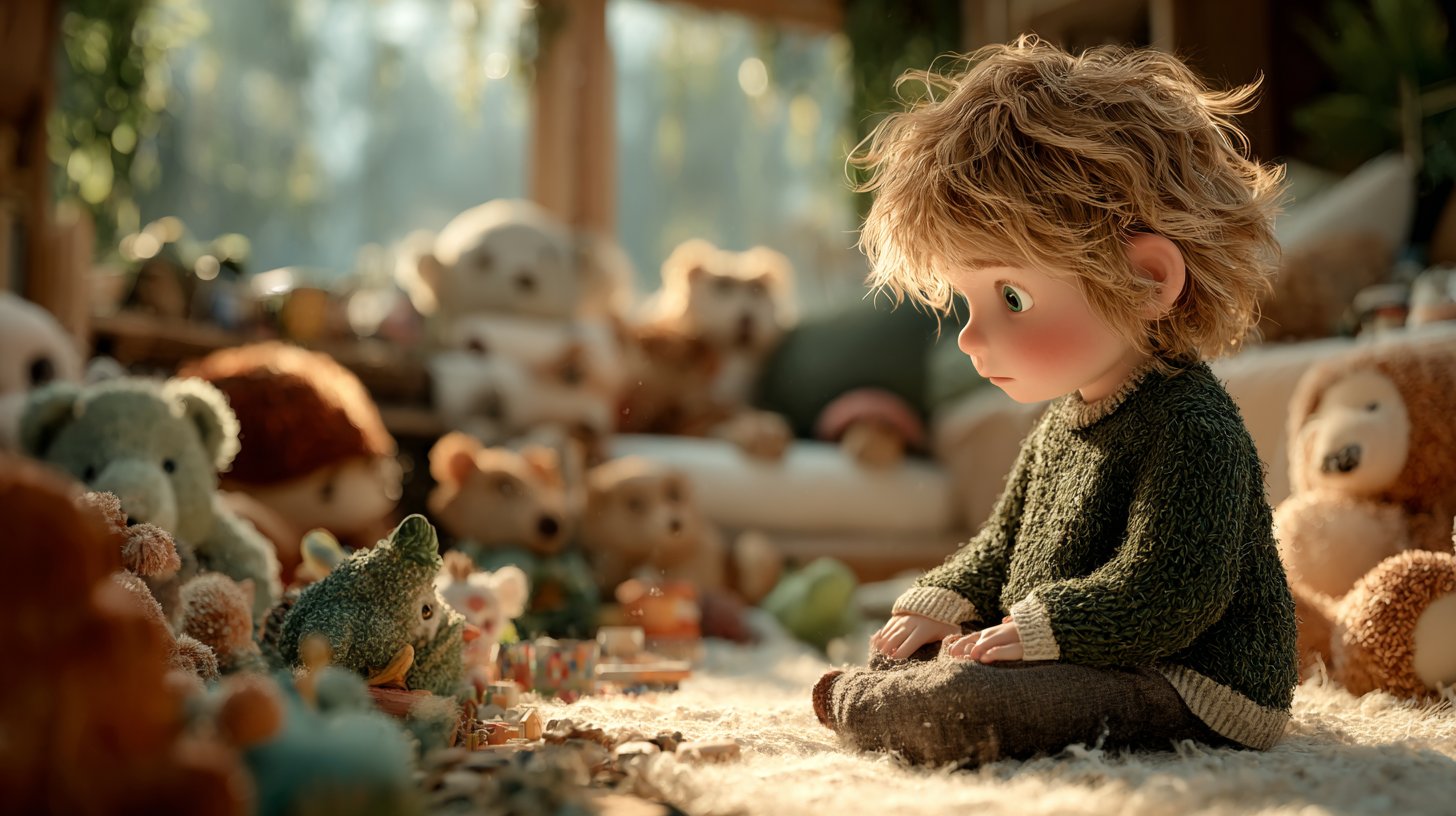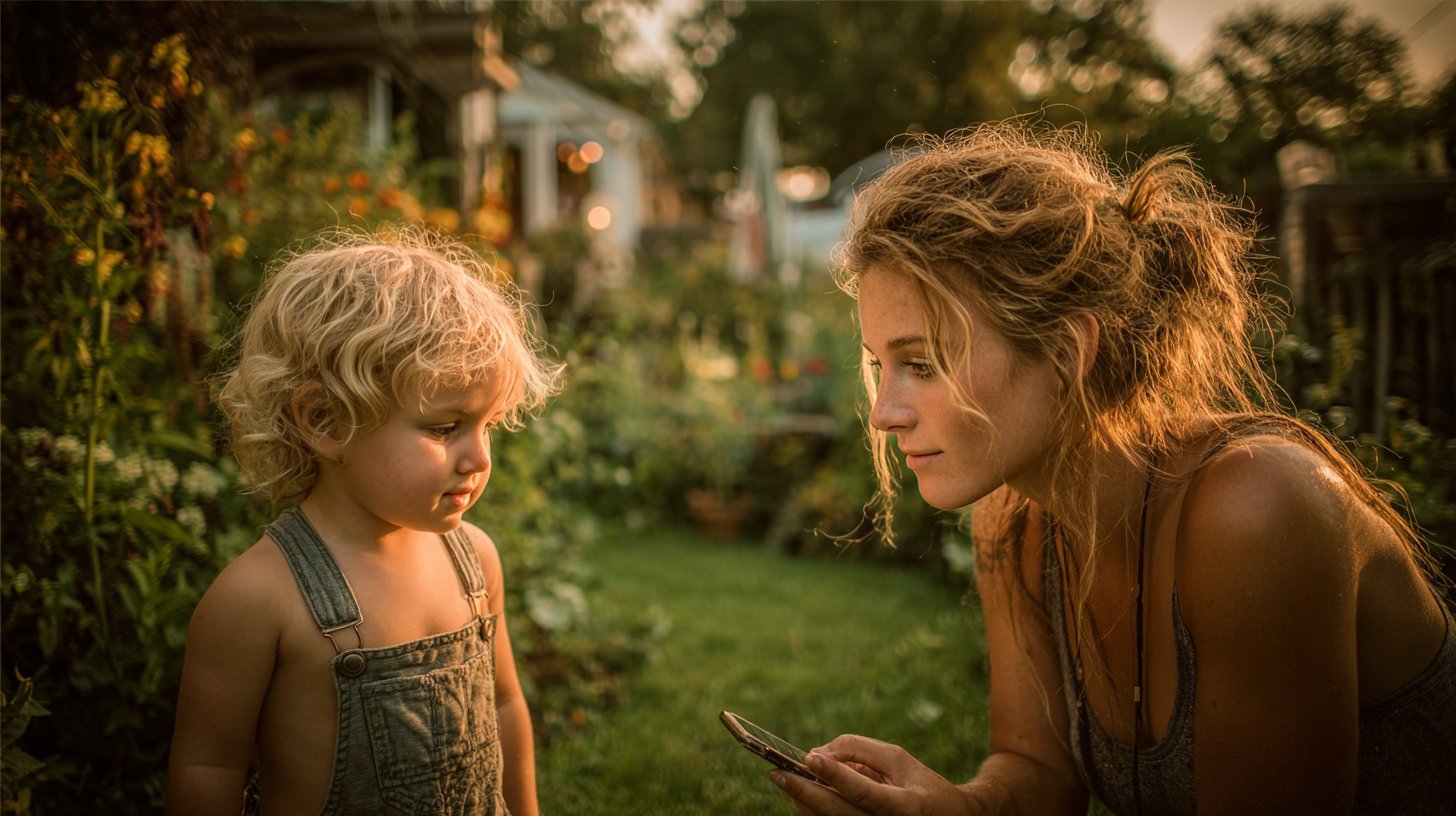How parents unconsciously harm their children's lives

In parenting, there are many challenges that are often approached with the best intentions. However, despite all the love, parents can unconsciously develop toxic habits that negatively affect their children's lives. Communication, understanding, and support are central aspects of healthy parenting.
When love turns into control, it can be very harmful. It's a shame for the potential of the little ones. So how can you avoid harming your child? Here are some thoughts.
One of the most common mistakes parents make is the constant pressure to demand performance from their children. Unrealistic expectations can overwhelm children and lead to a fear of failure. This may sound harmless, but children often develop a low self-esteem when they cannot meet the demands. Instead, parents should focus on celebrating their children for what they have already achieved and supporting them at their own pace.
Lack of emotional support
Emotional support is crucial for the healthy development of children. Parents sometimes tend to ignore their children's emotional needs by underestimating the importance of feelings. When a child is sad, angry, or confused, the best response is often to ask questions and listen, instead of minimizing or rationalizing the emotions. With an open ear and understanding, you ensure that your child learns to express their feelings appropriately.

Also important is the validation of the child's feelings. For example, if you say, 'I understand that you are frustrated' or 'It's okay to be sad,' you give the child the feeling that their emotions are valid. This kind of dialogue fosters trust and openness in the relationship.
Excessive criticism and control
Another toxic behavior is excessive criticism. If you constantly criticize your child's behavior, performance, or appearance, it can lead to a deep sense of inadequacy. Children may develop the feeling that they are never good enough, which can lead to self-doubt and even mental health problems like anxiety or depression. Instead, it's important to provide positive feedback and focus on the developments that have been made.

Control is also a big problem. Overprotective parents tend to give their children too little space. Children need freedom to make decisions independently and to make their own mistakes. Allow your child to make choices, even if you don't always agree with them. It's an important life lesson that not only builds self-confidence but also the ability to take responsibility.
Avoidance of stress and problems
Many parents believe they should shield their children from any stress and difficulties. While it's understandable to want your child to be well, this overprotectiveness can be harmful in the long run. Children need to learn to cope with challenges and deal with them to become emotionally strong. Imagine having to live trapped in a bubble – that wouldn't be good in the long term. Make room for curiosity and learning through experience.

It's important to recognize that dealing with difficulties teaches valuable lessons. Whether it's the first time not being selected or having a fight with a friend – these experiences help your child develop resilience and be prepared for future challenges.
In summary, being a parent is often a demanding role. While you try to do the best for your children, it's important to reflect on yourself and question your own behaviors. By recognizing and changing toxic habits, you can positively influence your children's growth and well-being. Strong, healthy relationships develop from love, understanding, and open dialogue. Conscious parenting fosters your children's self-awareness and independence, and it's never too late for that.
Remember that you don't have to be perfect. The key is the willingness to learn from experiences and be open to change. Treat yourself and your children to a relaxed journey into the future, characterized by love and support.


